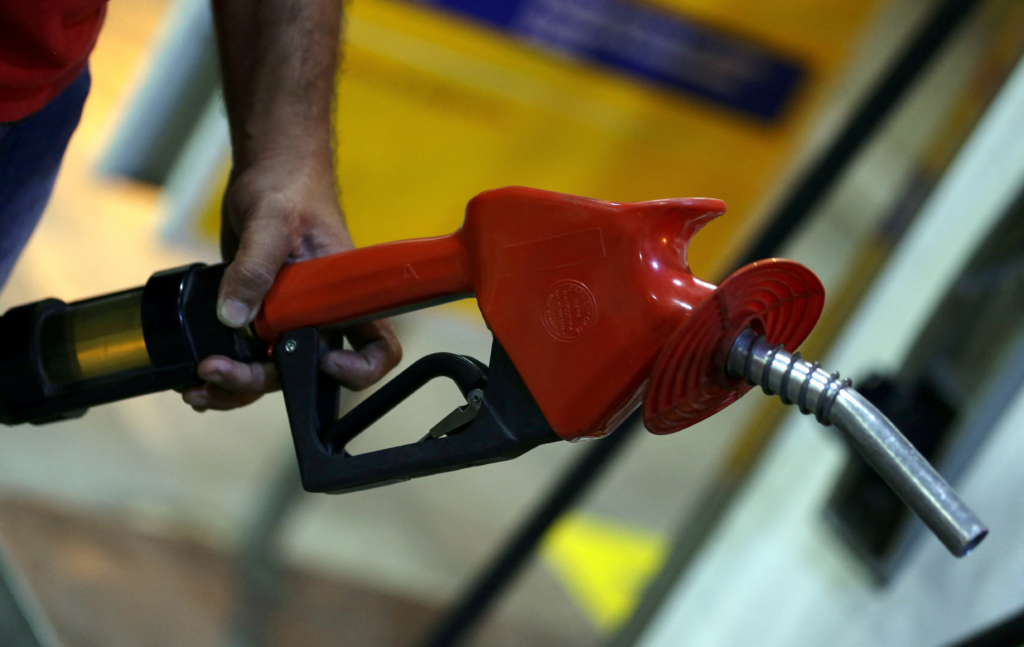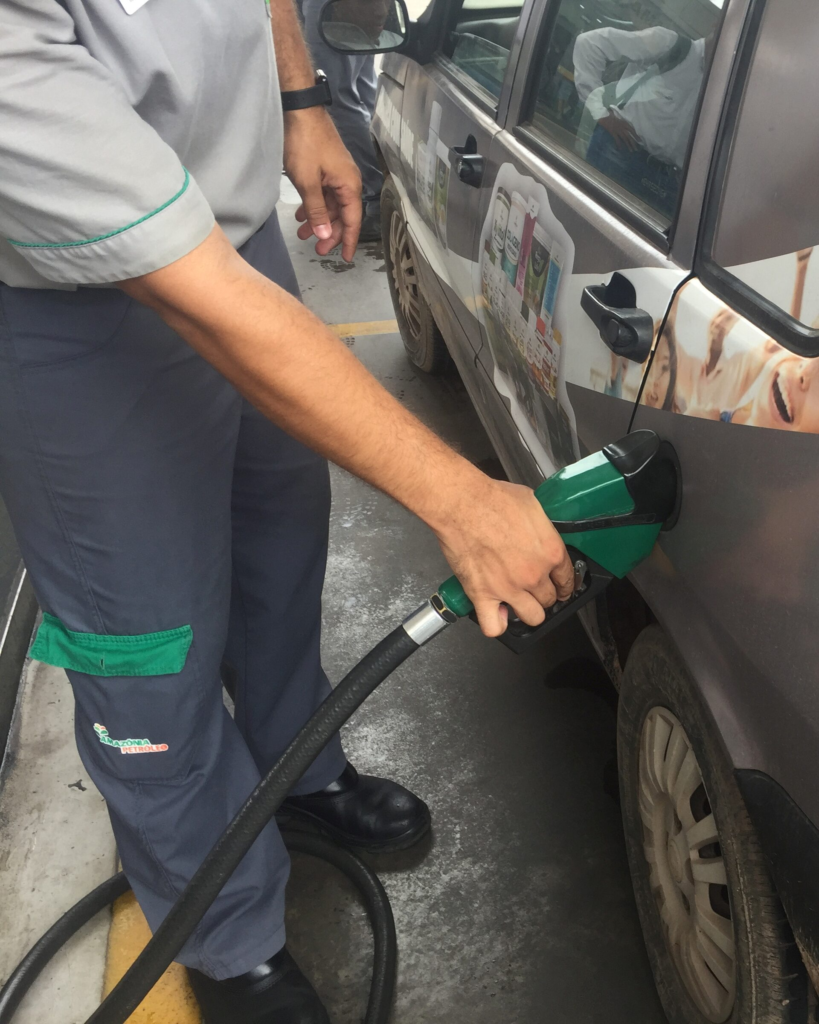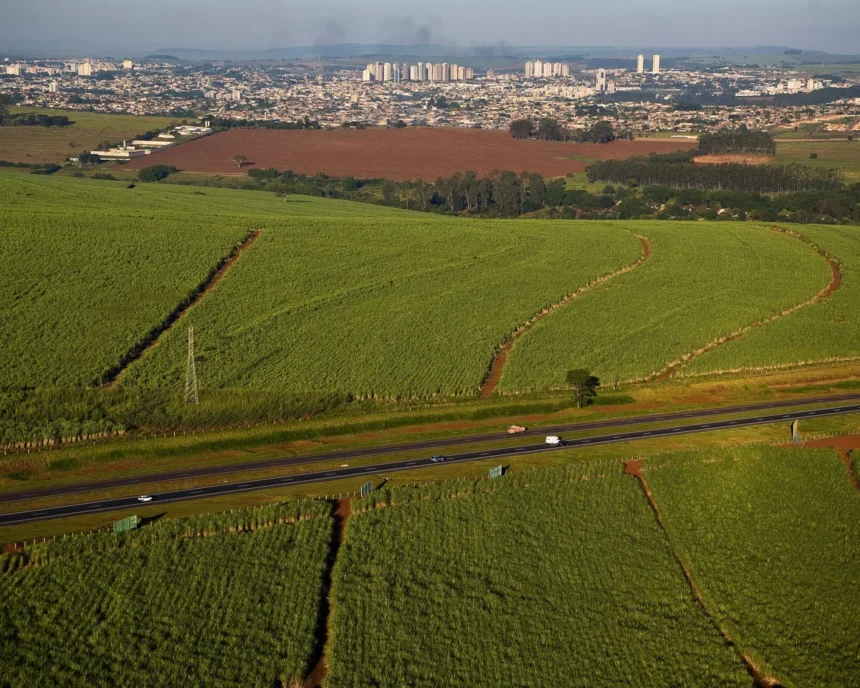Brazil COP30 Fuels Pledge Sparks Global Concerns
The Brazil COP30 sustainable fuels pledge is a central part of Brazil’s agenda for the upcoming COP30 summit in Belém. The country plans to propose a global fourfold increase in sustainable fuel use—including biofuels, biogas, hydrogen, and e-fuels—by 2035, compared to 2024 levels. Although countries like Italy, Japan, and India support the pledge, environmental experts are sounding the alarm over its possible consequences.
Brazil’s Vision: Fuels as a Climate Solution
As the world’s second-largest ethanol producer, Brazil sees biofuels as a solution to reduce global emissions. Ethanol, mostly derived from sugarcane, is cleaner-burning than fossil fuels. By scaling up biofuel production, Brazil hopes to cut greenhouse gases and support international climate targets.

However, the Brazil COP30 sustainable fuels pledge also raises questions about land use, crop diversity, and long-term sustainability.
Environmental Risks and Social Impact
Despite its potential benefits, many experts argue that large-scale biofuel production can cause serious harm. Key concerns include:
- Deforestation: Converting forests to fuel crop plantations threatens biodiversity.
- Land Conflicts: Expanding crops like corn, soy, and sugarcane may displace food farming.
- Water Waste: Studies show 3,000 litres of water are needed to drive 100 km on biofuels.
- Food Insecurity: Nearly 20% of global vegetable oil is used for fuel instead of food.
A study by Transport & Environment reported that some biofuels generate 16% more CO₂ than fossil fuels when considering deforestation and farming emissions.

Climate Groups Push Back
Many climate advocates believe Brazil’s plan diverts attention from clean, long-term solutions.
Andreas Sieber, a climate policy director, stated:https://www.iea.org/reports/net-zero-by-2050
“So-called sustainable fuels must not distract from the real goal: phasing out fossil fuels and scaling up renewable energy. Treating biofuels as equally green is dangerous.”
Cian Delaney, a biofuels campaigner, added:
“Without clear protection against land clearance, the pledge may do more harm than good.”
What the Pledge Demands
The draft Brazil COP30 sustainable fuels pledge, set for discussion ahead of COP30, outlines strict sustainability criteria:

- Low life-cycle emissions, measured in CO₂ per megajoule
- Protection of ecosystems and responsible water use
- Social safeguards, especially for Indigenous and local communities
According to Brazil’s foreign ministry, the proposal does not require each country to quadruple production individually. Instead, it sets a global target, supported by recent findings from the International Energy Agency (IEA). The IEA report states this growth is necessary to decarbonize tough sectors like shipping and aviation.
Political Tensions Inside Brazil
The leaked summit agenda shows a divide within Brazil’s leadership. President Lula da Silva promotes climate action, but key coalition members support agribusiness, which benefits from increased biofuel demand.

On the summit’s first day, leaders will focus on forests. Brazil plans to introduce a $125 billion Tropical Forests Forever Facility, backed by the UK and EU. A representative from Indigenous communities may also speak.
The second day will shift to energy. Environment Minister Marina Silva will advocate for stronger fossil fuel phaseout commitments—an area of tension with oil-rich nations like Saudi Arabia, who resisted this language at COP28.
A Decisive Moment for Global Climate Goals
COP30 will end with countries presenting updated nationally determined contributions (NDCs) to keep global heating below 1.5°C. Lula also plans to propose debt relief for low-income nations that invest in climate action.
Whether the Brazil COP30 sustainable fuels pledge accelerates climate progress—or stalls it—will depend on how nations balance innovation, environmental justice, and energy needs.




